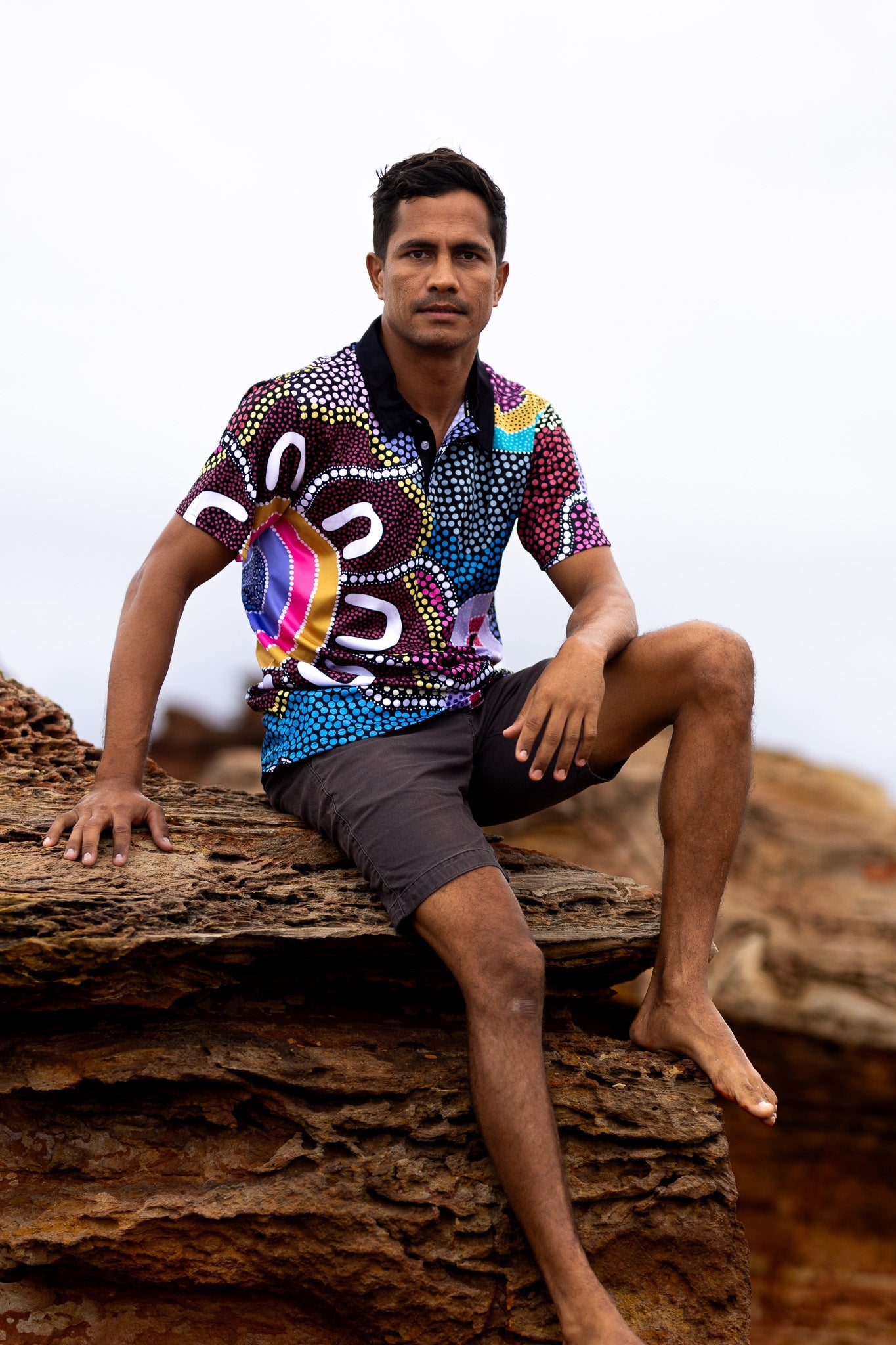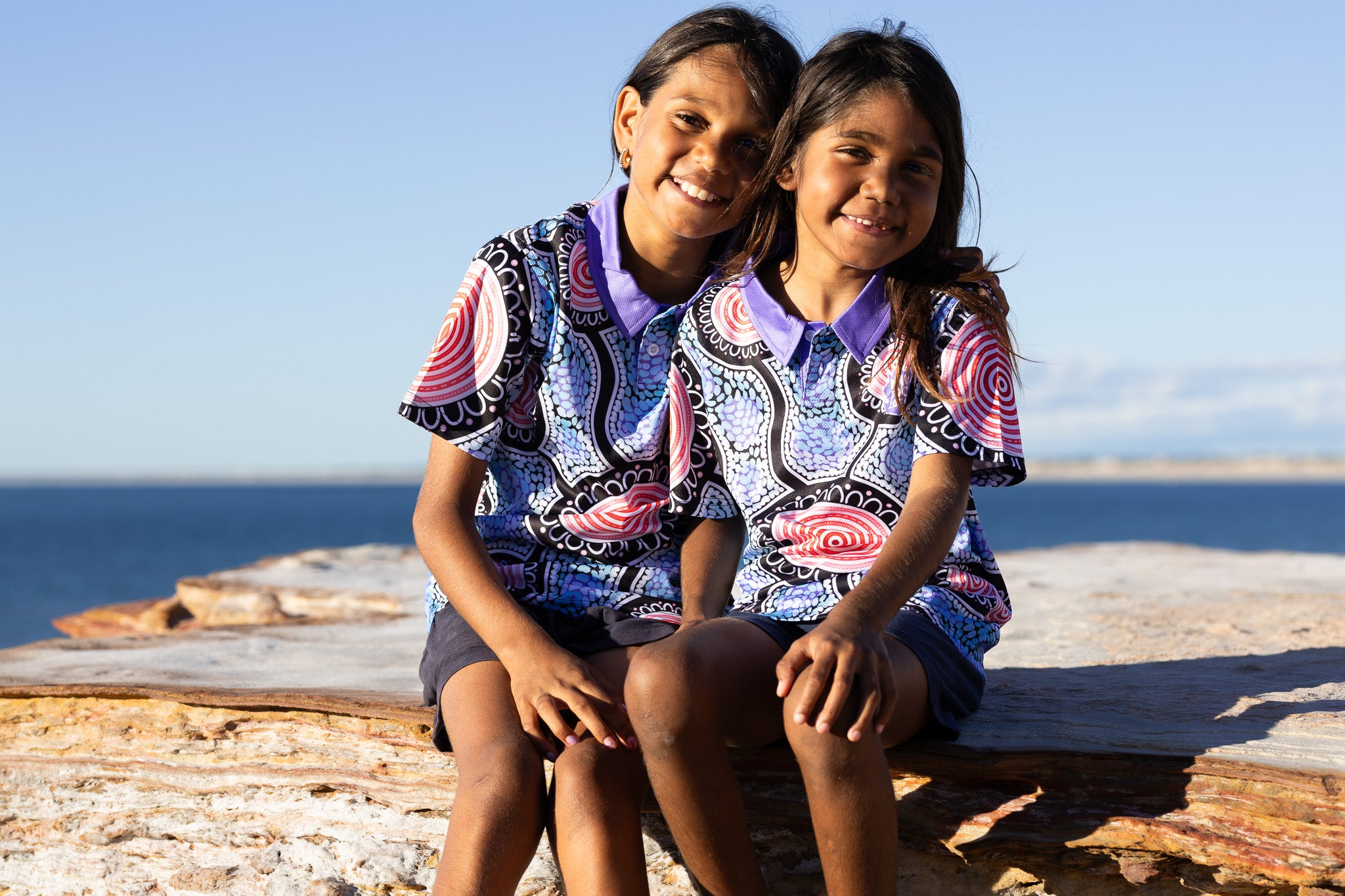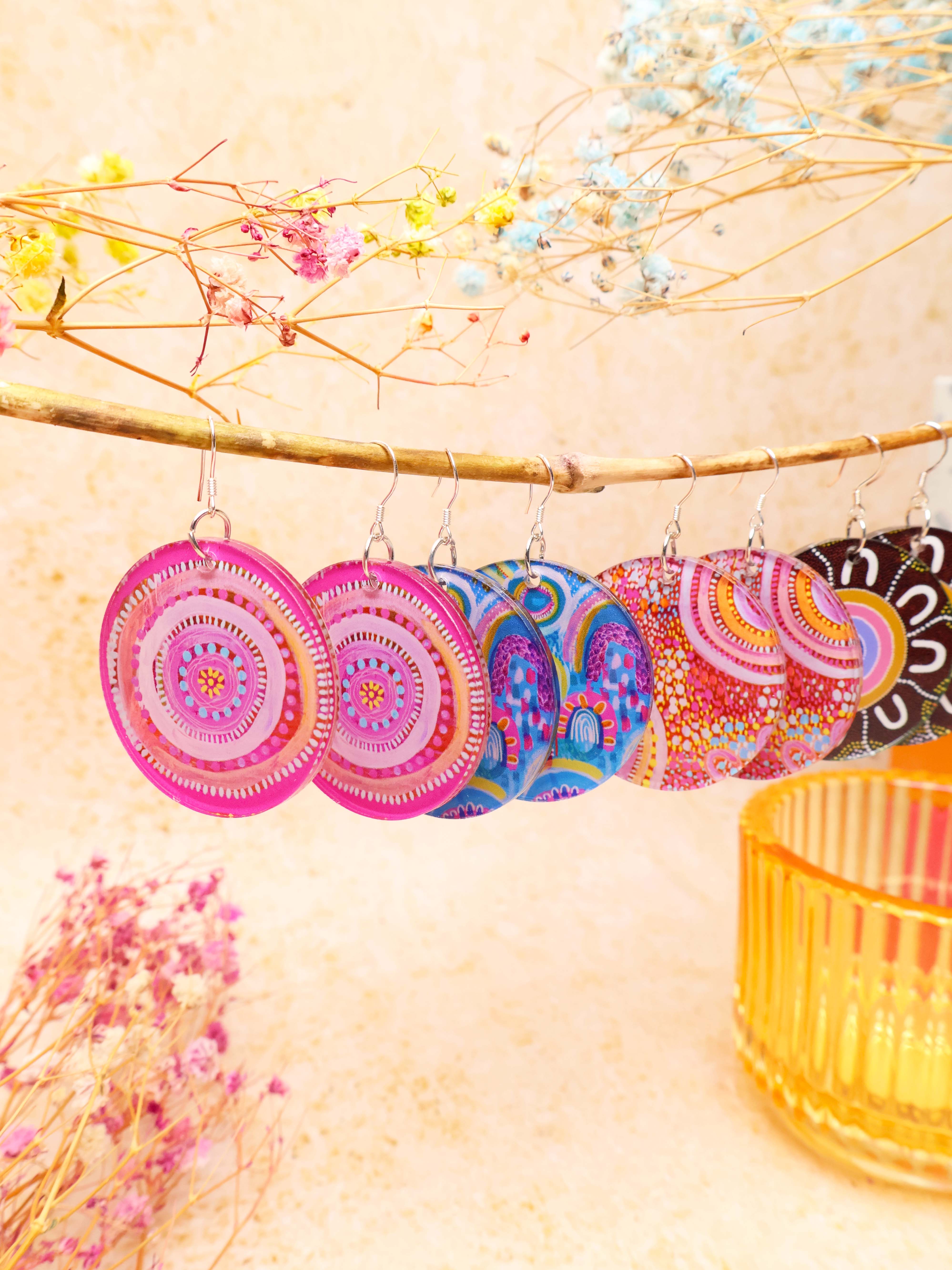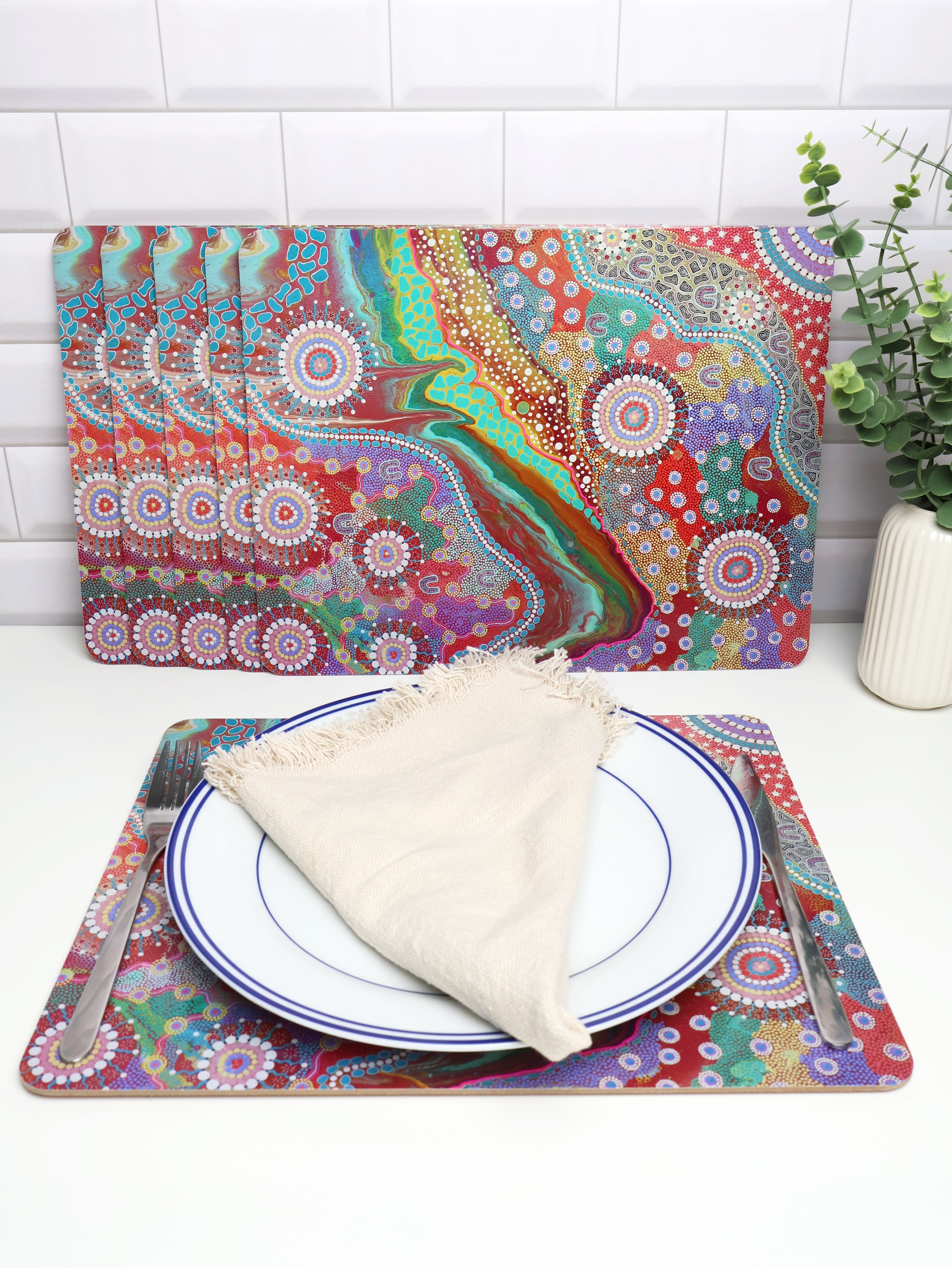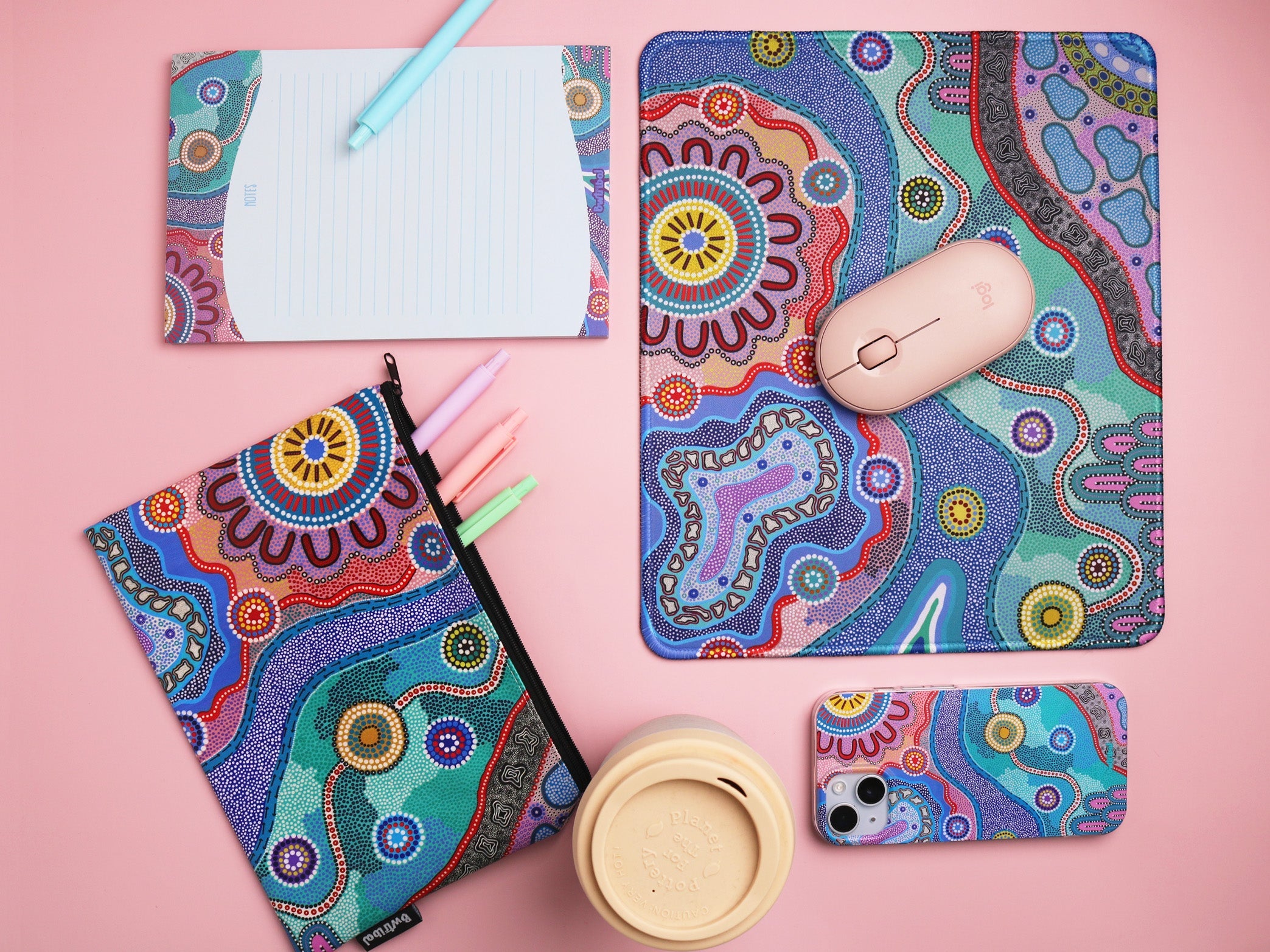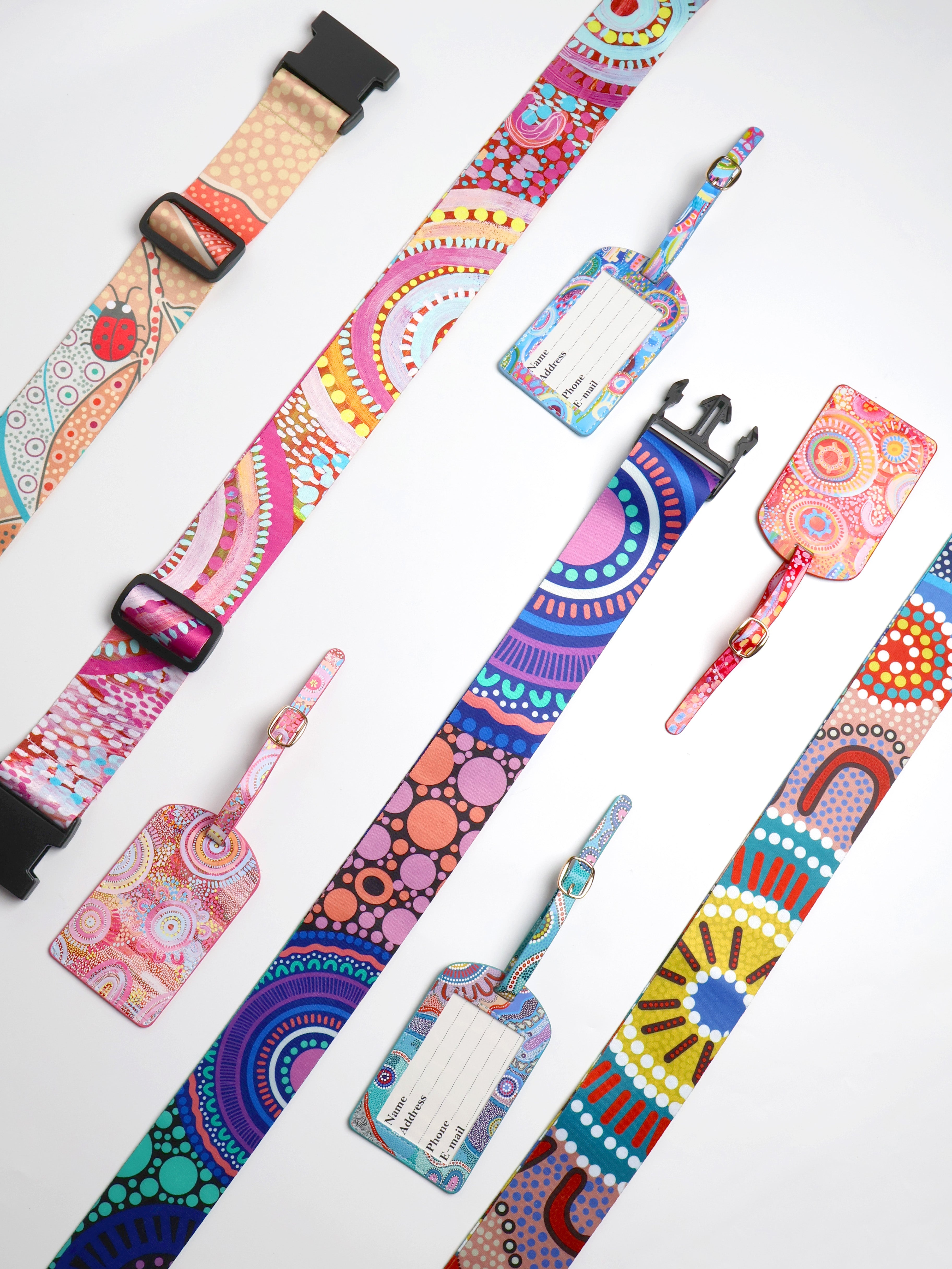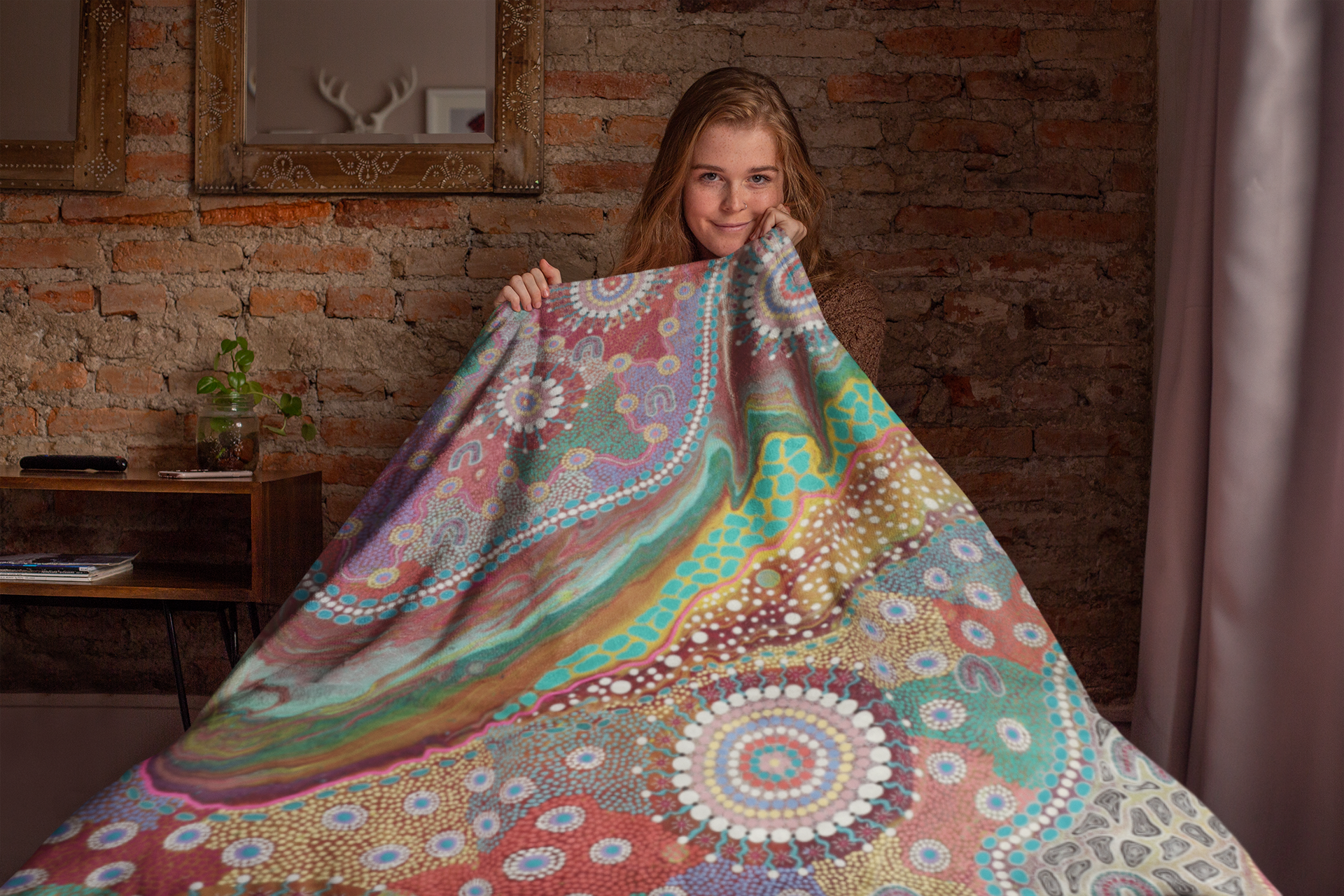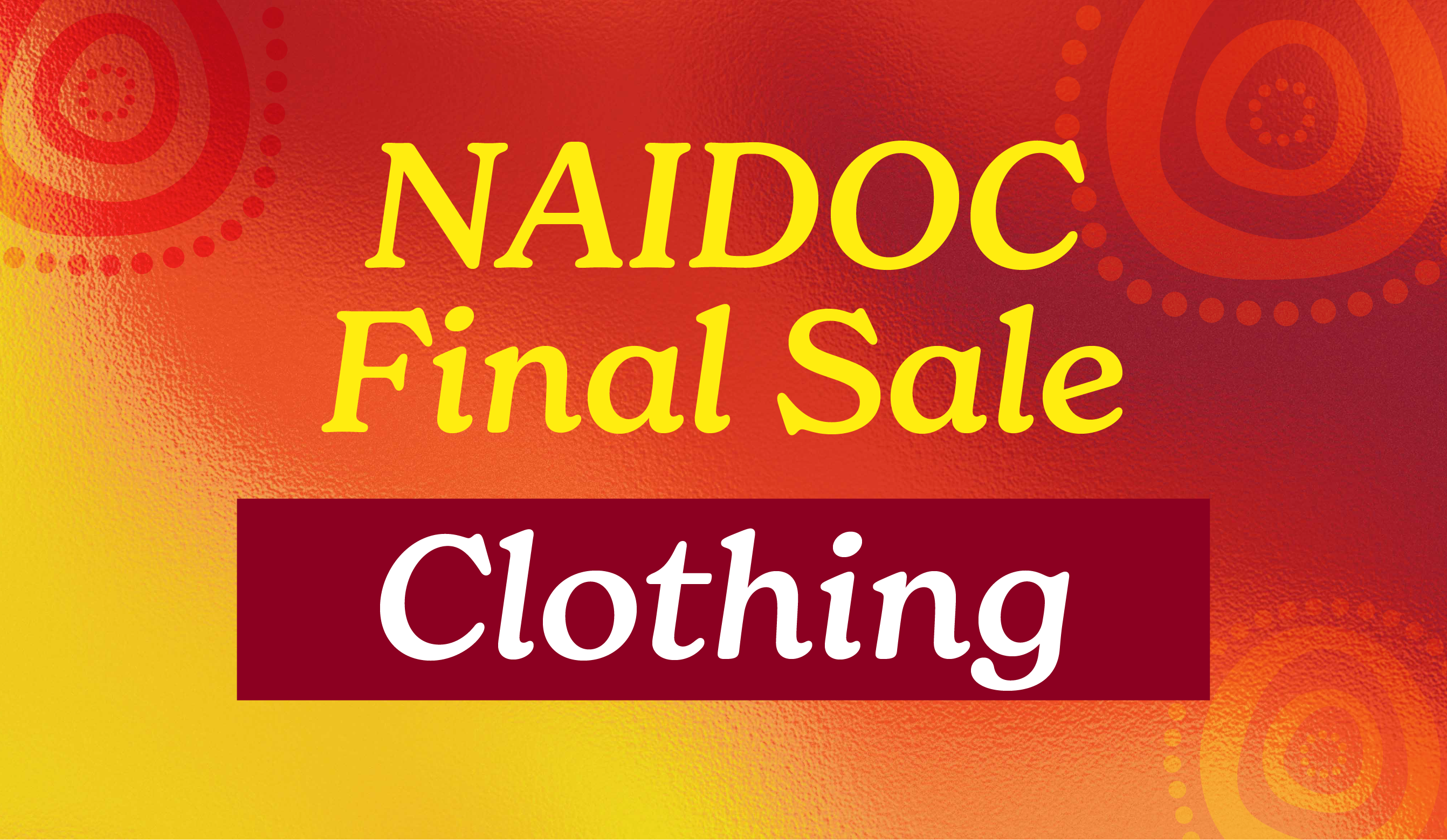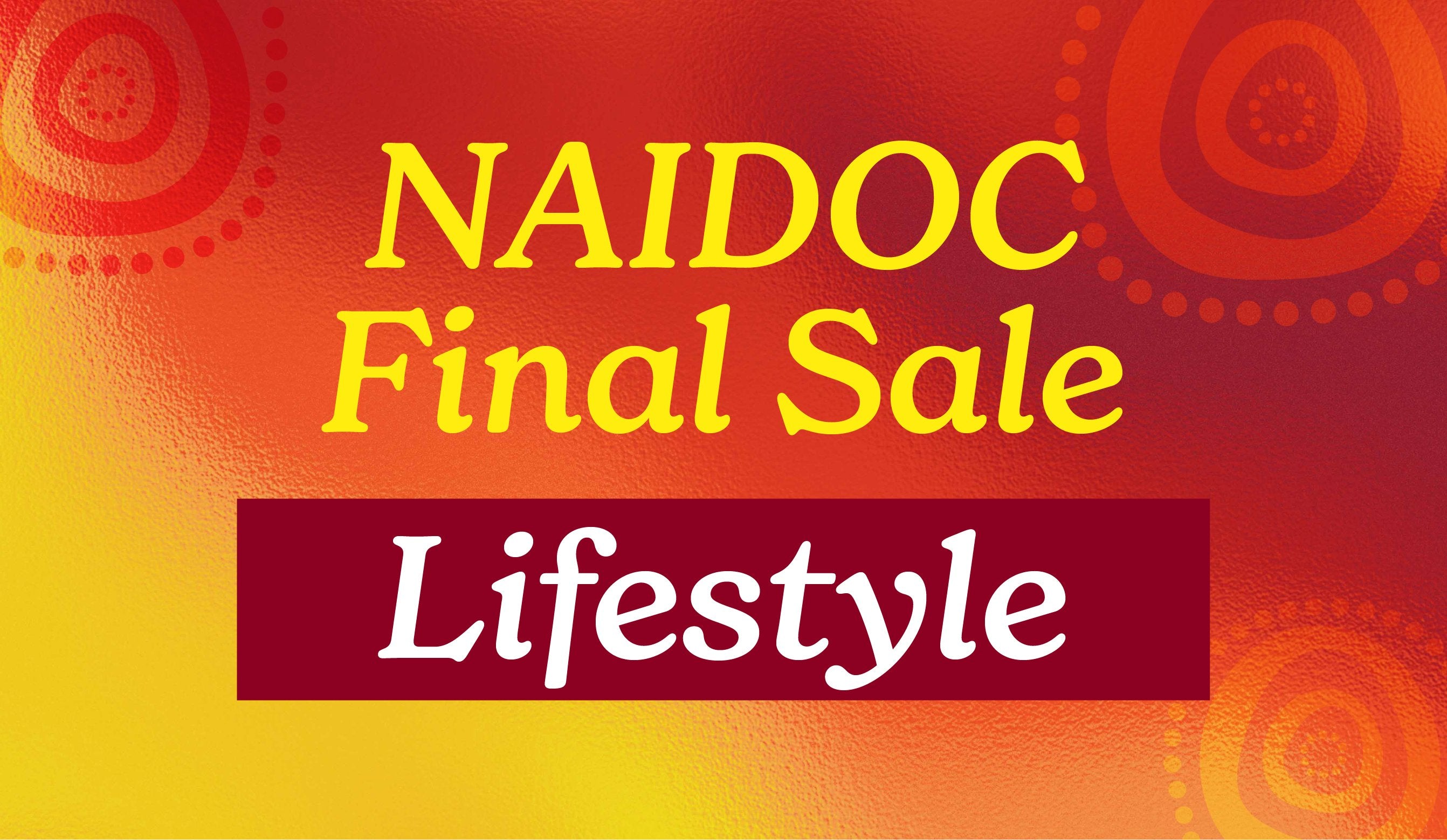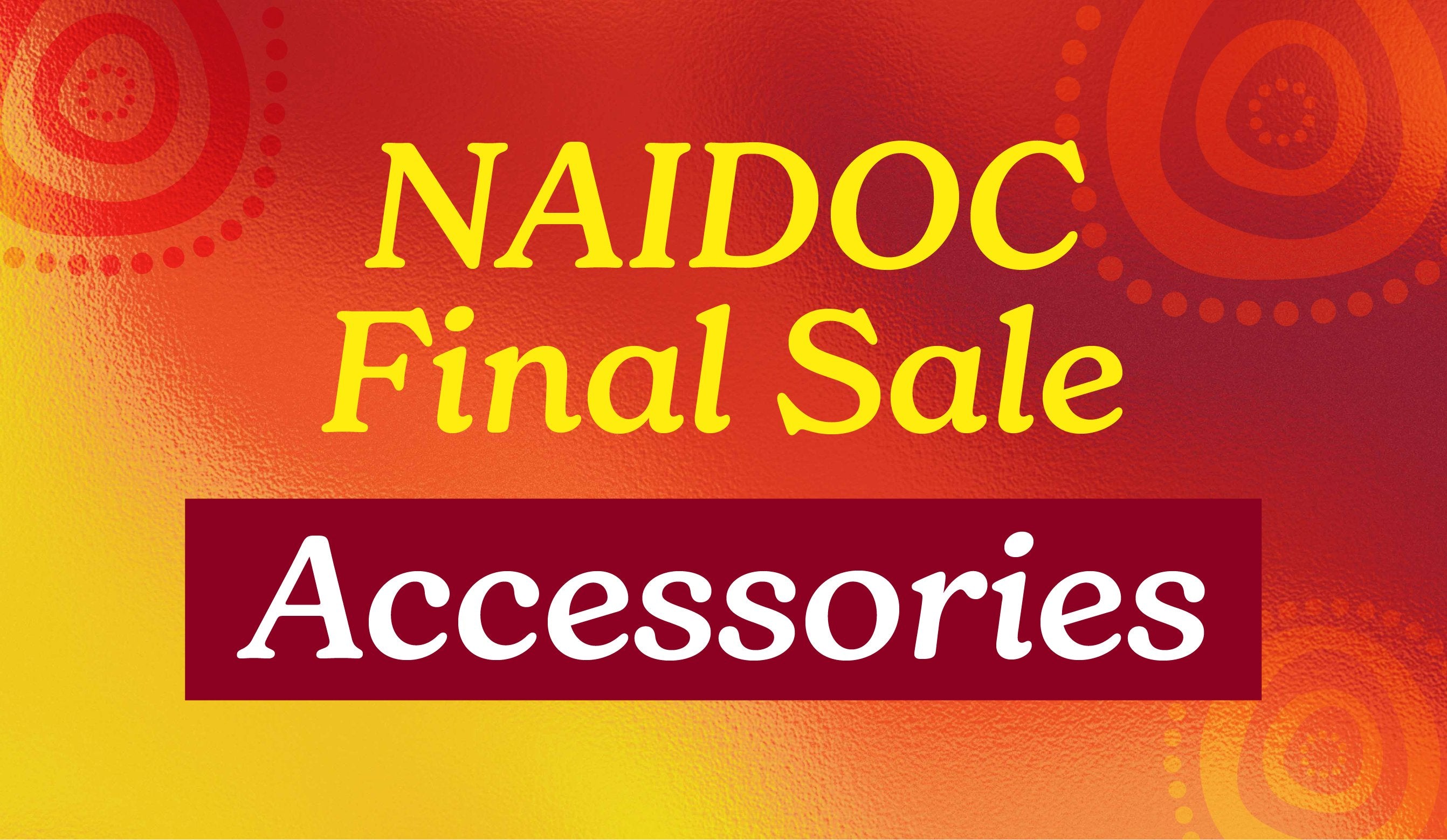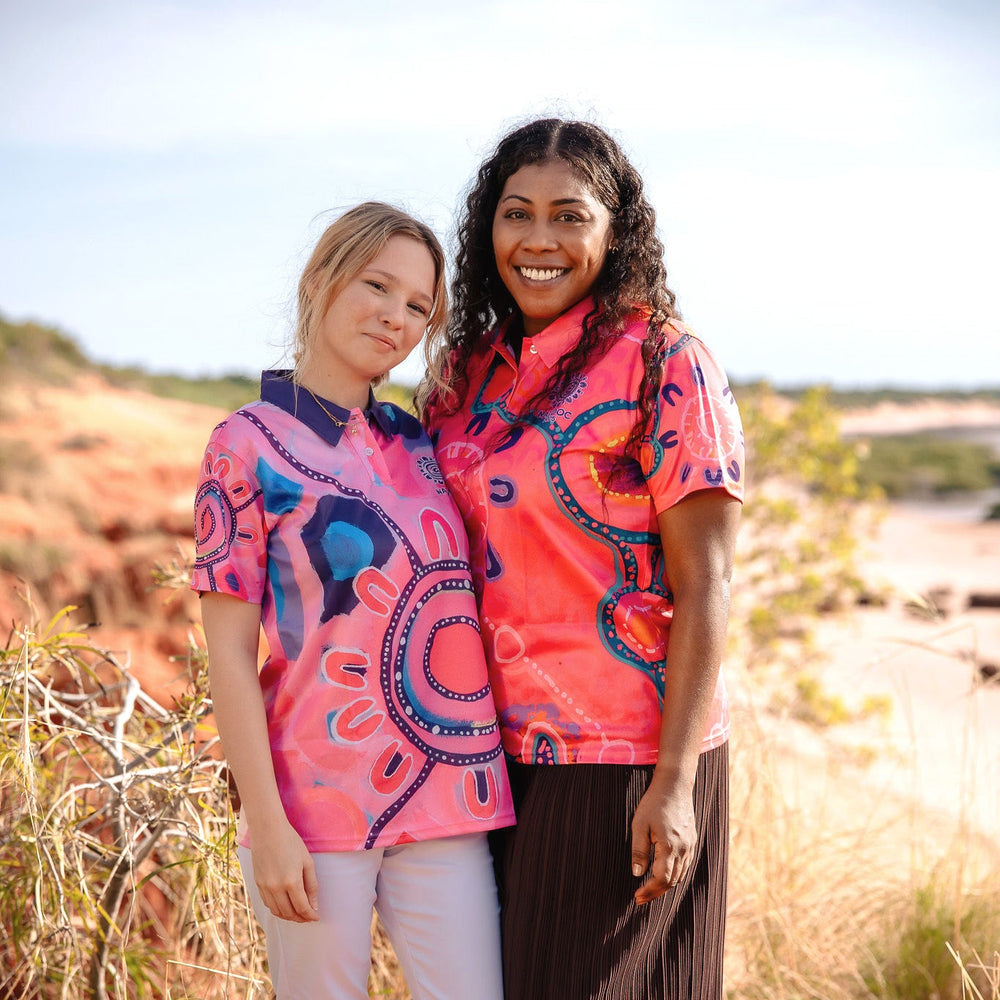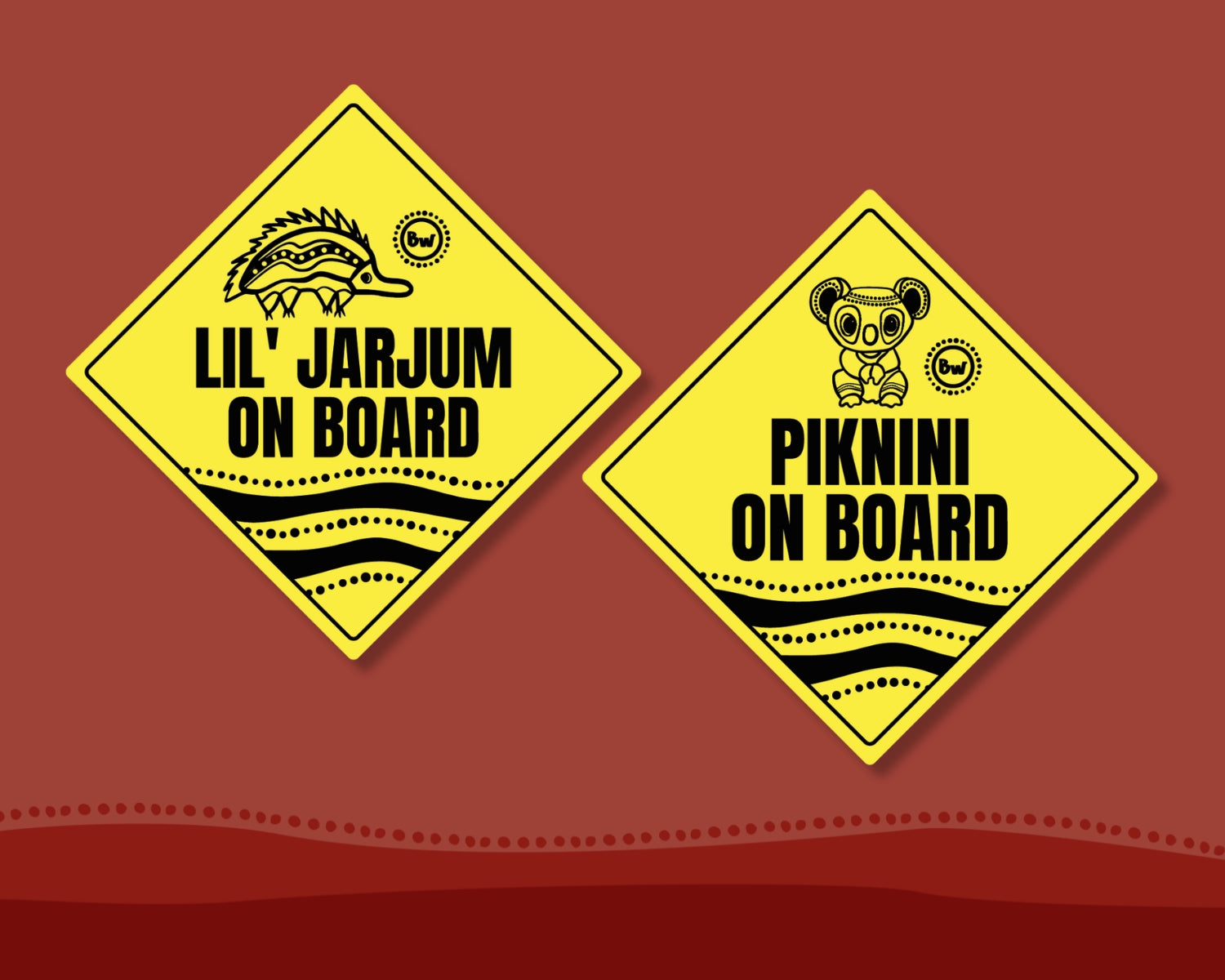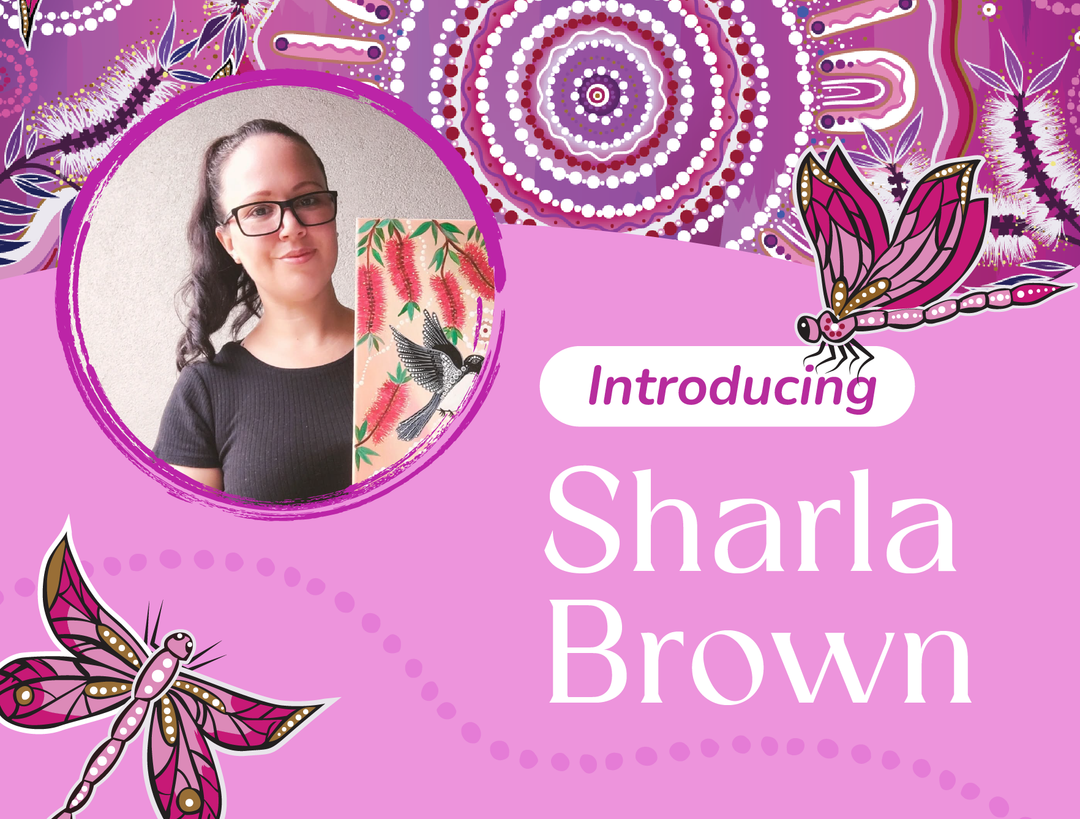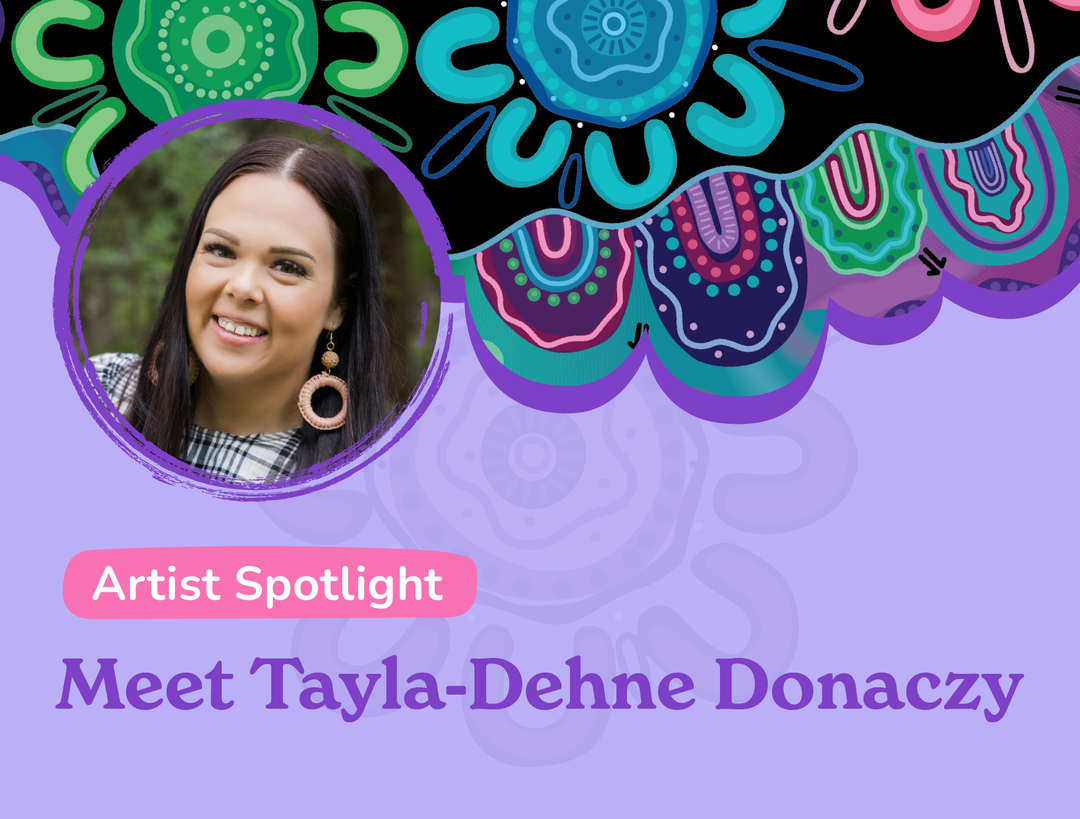In Indigenous Australian culture, children, widely known as "jarjums" in the Yugambeh language of the Bundjalung people, and "pikninis" in the Torres Strait Islands, hold a special place within their families and communities. These terms embody love, respect, and the importance of nurturing the next generation. Jarjums and pikninis are seen as gifts from ancestors, and the entire community has a responsibility to guide and support them.
From birth, jarjums and pikninis are surrounded by love and care, with special ceremonies and rituals performed to welcome them into the world. As they grow, they learn the ways of their people, including respecting Elders, caring for the land, and maintaining their cultural identity.

In Aboriginal culture, jarjums are born into a complex kinship system that determines their relationships and responsibilities within the community, ensuring they are cared for and protected by multiple family members. Elders pass down knowledge, values, and traditions through storytelling, including Dreamtime stories that explain the creation of the world and the importance of maintaining a connection to the land.
Children participate in various ceremonies throughout their lives, helping them understand their place within the community and their cultural identity. They are taught to respect and maintain a deep connection to the land, learn their traditional language, and often engage in collaborative learning through observation, imitation, and participation in daily activities alongside adults and older children. Artistic expression, such as painting, dancing, and singing, is encouraged to help children express their creativity and maintain cultural traditions.

Similarly, in Torres Strait Islander culture, pikninis are raised by their extended family, including grandparents, aunts, uncles, and cousins, providing a strong support system. They are taught about their cultural identity, clan, language, and traditional customs through stories, songs, and dances. Children are encouraged to learn and speak their traditional languages, such as Meriam Mir and Kala Lagaw Ya, to maintain their cultural heritage. They participate in ceremonies and rituals that mark important milestones in their lives, learn about the importance of the sea and its resources, and engage in traditional art and craft activities like weaving, shell art, and carving.
As an Indigenous-owned business, BW Tribal recognises and celebrates the significance of jarjums and pikninis in Indigenous Australian culture. By honouring their presence and creating a world where they can thrive and carry on the traditions of their Elders, we can ensure a future where they grow up strong, proud, and connected to their rich cultural heritage.
To celebrate the special place of jarjums and pikninis in our communities, BW Tribal has created unique car signs featuring the phrases 'Piknini On Board' and 'Lil' Jarjum On Board' - A playful twist on the iconic "Baby On Board" car sign.
These car signs are important because they let other motorists know you're travelling with your precious little one but also serve as a reminder of the importance of keeping our children safe and connected to their cultural roots. Add a touch of Indigenous Australian culture to your daily drive by ordering your car sign here!







